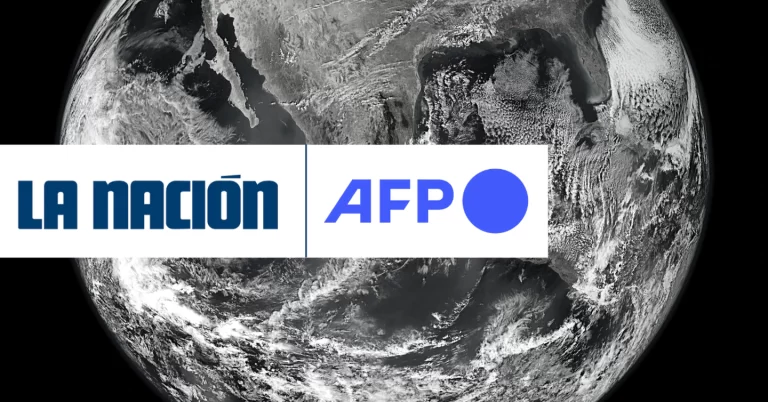
The German car market slumped 11% annually in the first half of 2022, weighed down by the war in Ukraine and supply difficulties, according to official figures published on Tuesday.
In total, 1,237,975 new vehicles were registered in Europe’s leading economy, according to the Federal Automobile Agency KBA.
In June, the market experienced a further decline of 18.1% in one year, after a 10.2% drop in May, it said.
“The hopes of recovery after last year’s weakness have plummeted,” summed up Reinhard Zirpel, president of the VDIK, the association of foreign producers.
After two years marked by the coronavirus pandemic, the sector suffered especially in the first half of 2022 due to the shortage of materials and components.
These supply problems, which began with the post-Covid-19 recovery, were aggravated by the war in Ukraine, the main European supplier of cabling.
On the other hand, the recent new covid outbreak in China opened a new cycle of supply chain disruptions, all in a context of rising prices.
“The end of the current crisis is not in sight at the moment,” says Peter Fuß of the EY consultancy group. “The challenges are not abating and the threat of recession is holding back companies’ willingness to invest,” as are “concerns about gas supply this winter,” the cabinet said in a statement.
In detail, despite an 18.9% drop in sales between January and June, the Volkswagen group’s VW brand remains the leader in Germany, with 18.1% of the market.
In the first six months of the year, Mercedes Benz registrations fell 4.4% and BMW’s 12.5%, according to the KBA.
Purely electric cars represented 14.4% of the market in June, despite a decrease in sales, hybrids 29.1%, while 37% were gasoline models.
Diesel represented 18.9% of purchases.
fc/smk/er/mab/zm